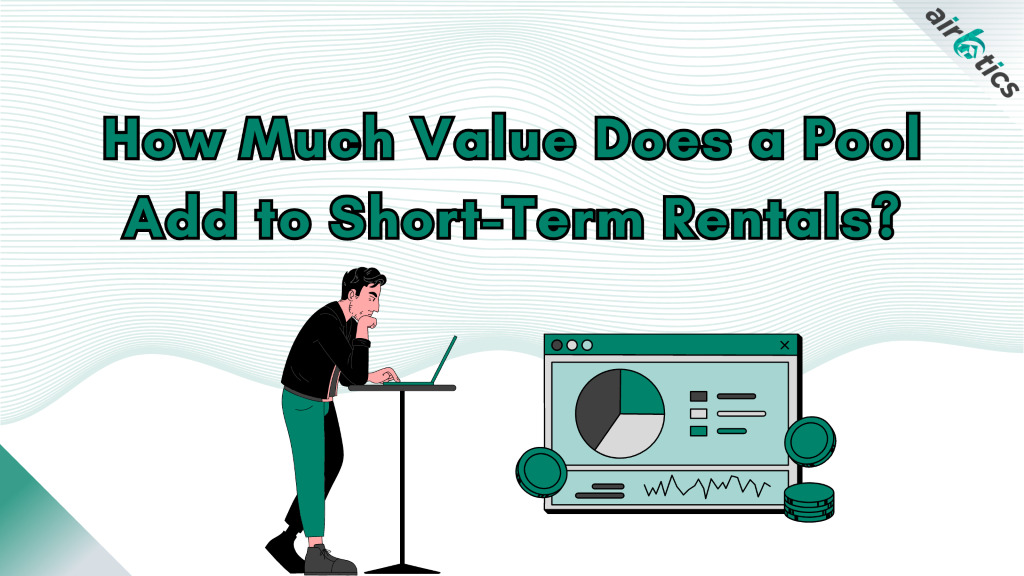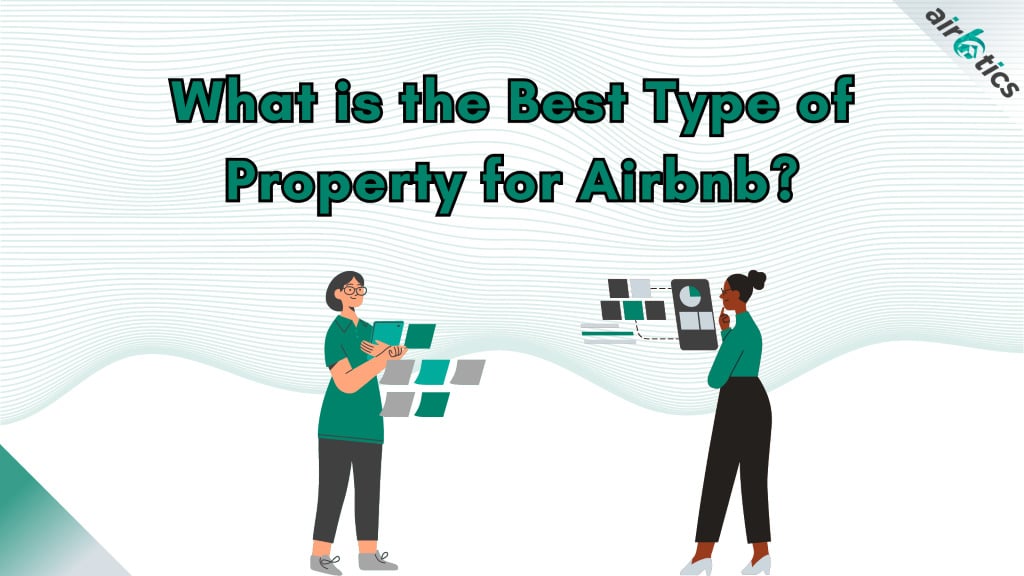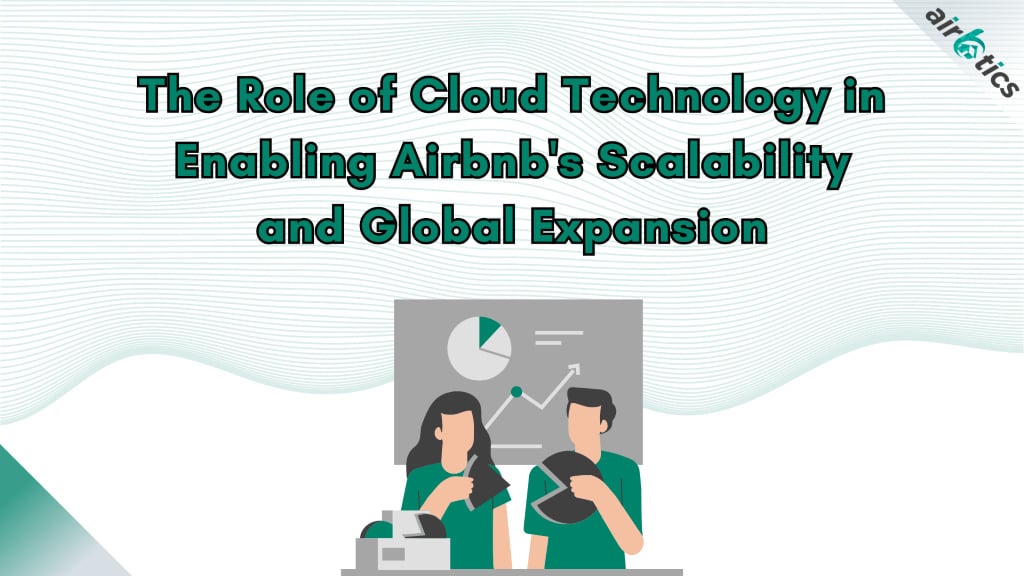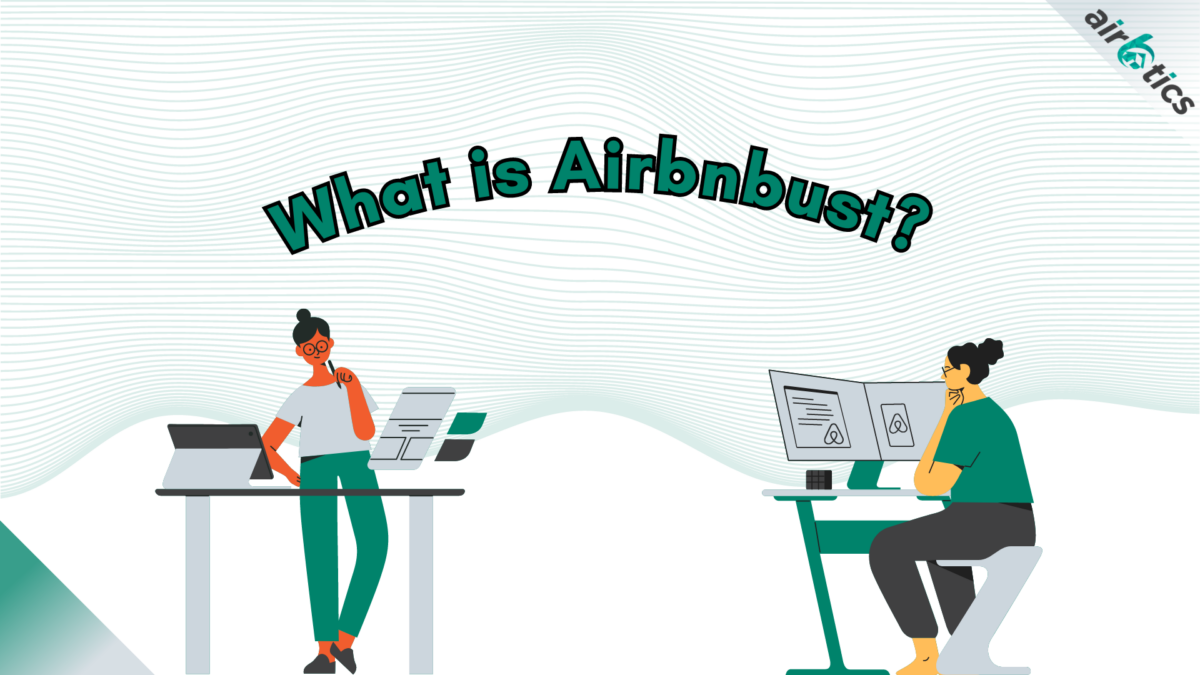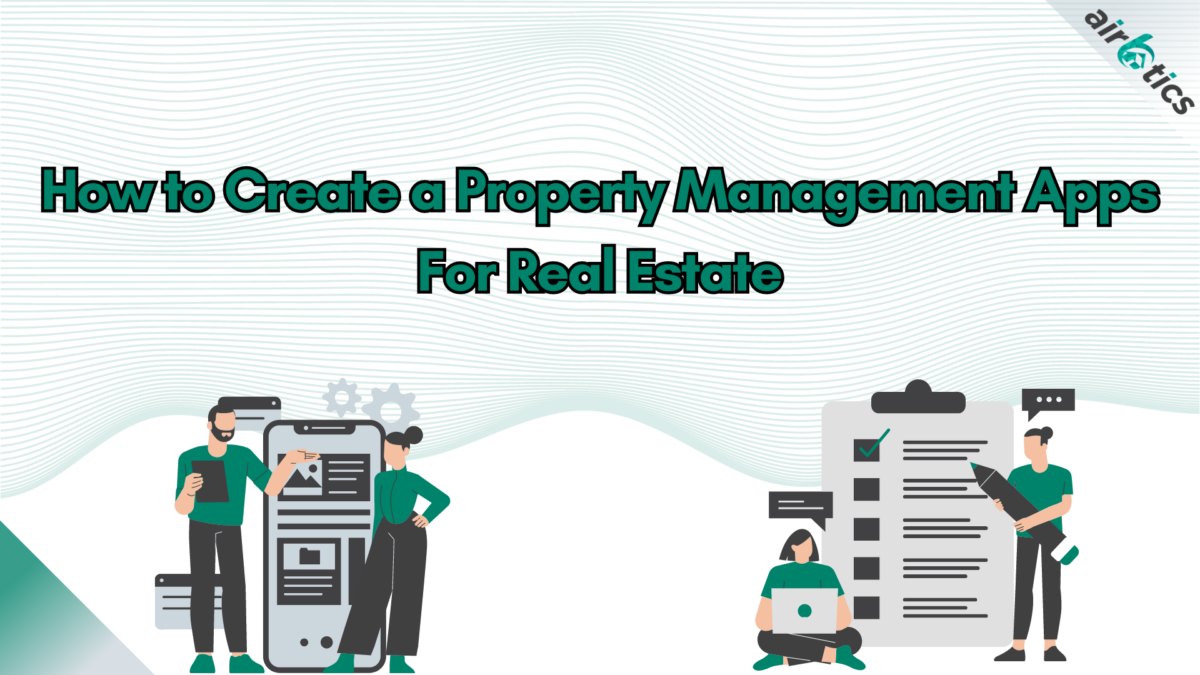Dubai: The Ultimate Destination for Property Investments in Arjan and Travel Experiences. The main holidays of the Emirates tourists and investors should know about. Discover how Airbnb fosters cultural diversity and enhances student education through enriching interactions, experiences, and networking opportunities. Home > Resources > Hosting Tips > Enhancing Student Education and Cultural Diversity Through Airbnb […]


